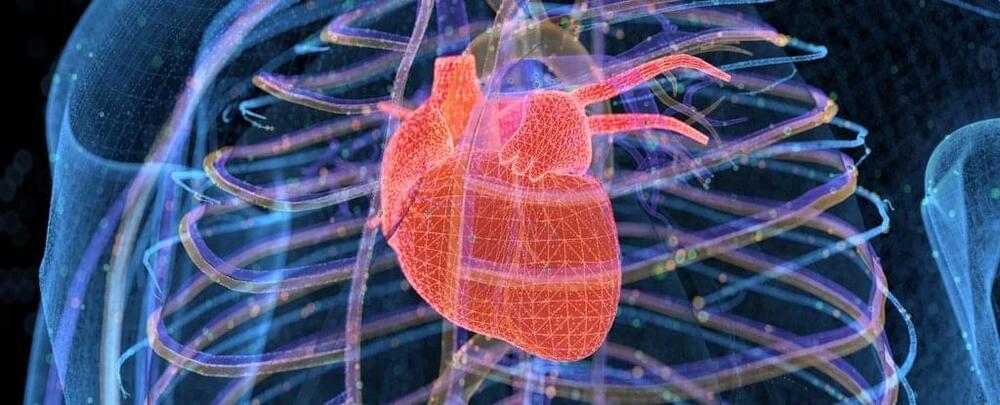Our bodies are pretty ingenious when it comes to self-repair, and scientists have been studying in detail the ways in which the heart patches itself up after a heart attack (myocardial infarction). They hope to find clues that could lead to better treatments for cardiovascular problems.
New research has revealed that the immune response of the body and the lymphatic system (part of the immune system) are crucial in the way that the heart repairs itself after a heart attack has caused damage to the heart muscle.
Key to the study was the discovery of the role played by macrophages, specialist cells that can destroy bacteria or initiate helpful inflammation responses. As the first responders on a scene after a heart attack, these macrophages produce a particular type of protein called VEGFC, the researchers report.
